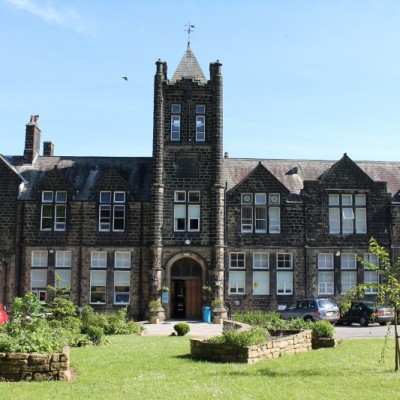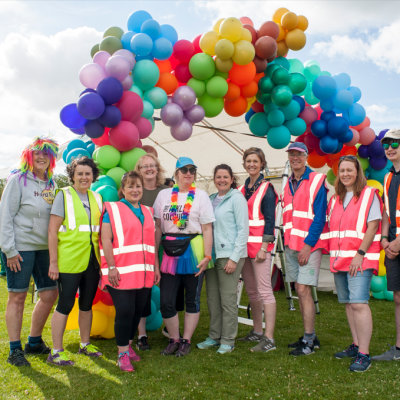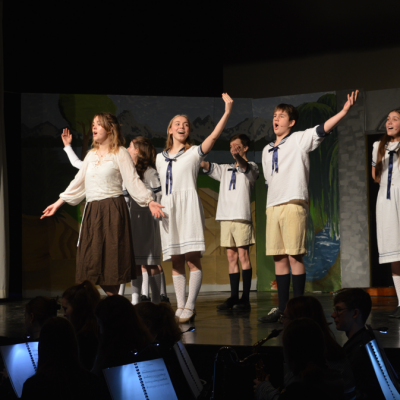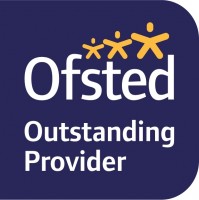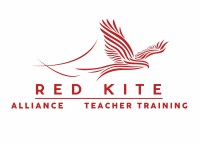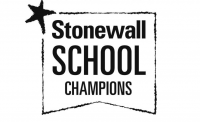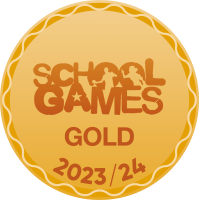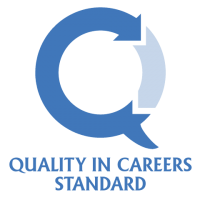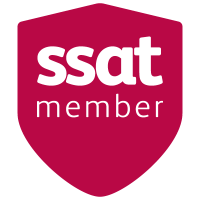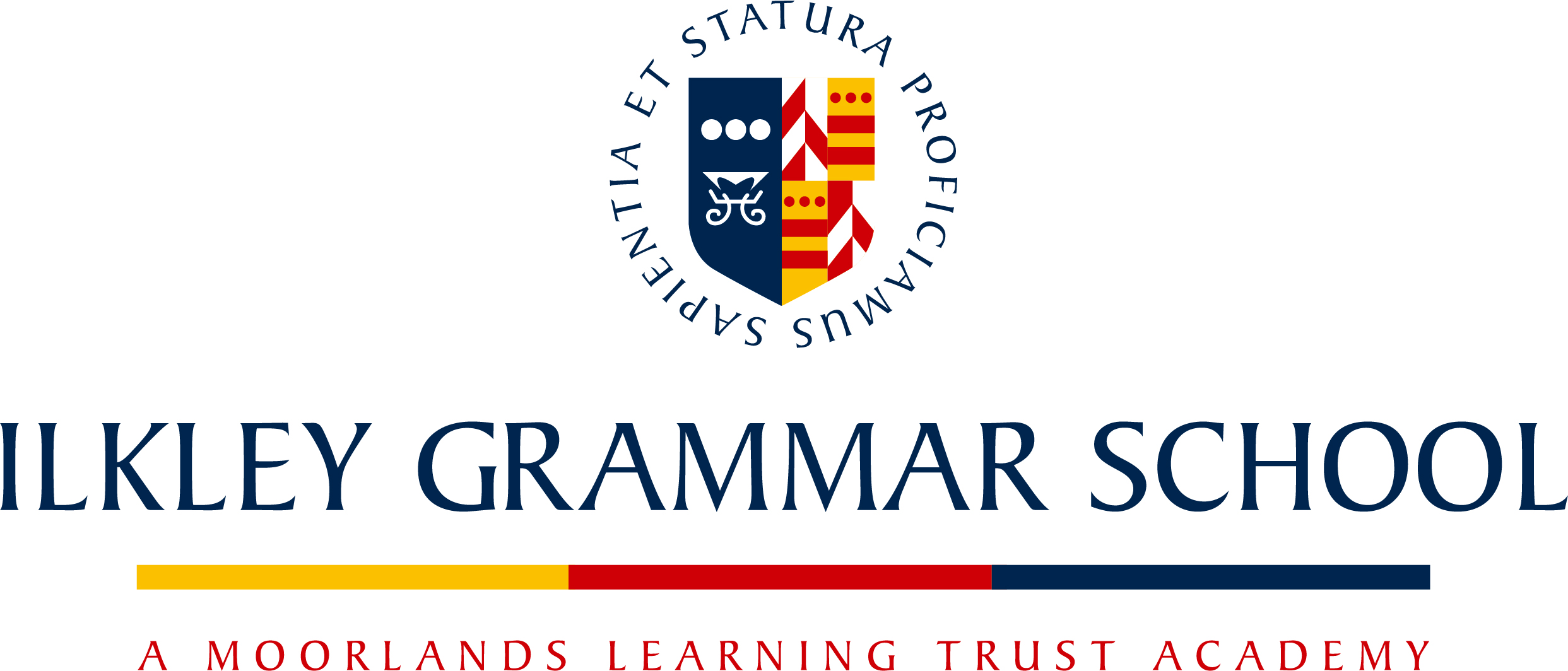English
We want our students to have access to a wide, varied, exciting and connected curriculum where students see the study of English as an interconnected body of knowledge – “the best that has been thought and said[1]”. Students will year by year add to their rich bed of knowledge, using a deep understanding of our key critical concepts to underpin their new learning. Rich, powerful knowledge is at the heart of our curriculum, as we recognise that knowledge is a powerful tool for social justice.
The journey begins in Year 7, where students start with a study of Myths and Legends. These myths will introduce them to key ideas that are often the subject of classical allusion in texts they will later study at KS3+4. Through reading these myths and exploring how modern writers have adapted these ideas, students will learn about intertextuality and this will unlock their ability to interpret texts at a deeper level as they move forward in their journey. Moving on, students will then learn about character archetypes such as heroes and villains, encountering these in a range of texts in Year 7 such as Oliver Twist. Understanding archetypes allows students to see where these have been challenged or subverted by writers. Year 8 takes students on a journey through ‘Fear’ via a study of the Gothic genre, now looking at Gothic villains alongside the concept of ‘otherness’. Study continues through exploration of ideas around justice and injustice, exploring issues around race through The Merchant of Venice, amongst other texts. As students move on to look at ‘Adventure’ in the final term of Year 8, they begin to explore the idea of nature as a villain as well as our responsibility to nature, and explore experiences from other cultures through the modern novel Salt to the Sea. In Year 9, the idea of injustice is further developed by exploring writers who protest against that injustice. Students then move on to look at inequalities through the lens of relationships, using Romeo and Juliet as a springboard into ideas about gender roles. Students end their KS3 journey exploring the ways dystopian writers look to and envision our future with a study of seminal dystopian texts and the modern novel The Wall.
At Key Stage 4, students continue their study of the Human Condition through a range of literary texts. Students begin by exploring ideas around power and its ability to corrupt Man. Through exploring the idea of man’s fallibility and man as essentially flawed, students understand texts as a way to explore Mankind’s issues. A study of a collection of poems and a play An Inspector Calls or novel Lord of the Flies allows students to explore how these ideas underpin literary texts. Students then move on to study Man’s inner conflict – exploring the ways in which conflict has shaped Man’s interactions – both internal to the self and with others. A study of the seminal play Macbeth, together with a selection of conflict poetry, allows students to explore inner motivations and deepen their understanding of the conflict between ‘good’ and ‘evil’, and the conflict Man faces. Further into the journey, students move on to explore the Duality of Man – exploring how the idea of the ‘divided self’ is suggested in Jekyll and Hyde. Running throughout KS4, students explore a rich variety of unseen fiction and non-fiction extracts, to deepen understanding of how writers use language to shape meaning.
Students on both of our KS5 courses ‘English Language and Literature’ and ‘English Literature’ are well prepared for post-16 study by their understanding of the Human Condition and its presentation in literary texts, together with a deep knowledge of how writers shape meaning using language, and the skills to convey their knowledge with precision and a firm grasp of literary genres. Students on the Language and Literature pathway further explore literary fiction and non-fiction, deepening their understanding of language use through exploration of Language Levels and applying these to texts. Creative writing tasks allow students to apply their understanding of a range of genres and stylistic techniques to their own work. On the Literature pathway, students study the genres of tragedy and ‘social and political protest’ in detail through a range of exciting texts from Shakespeare to Atwood, exploring how writers conform to or subvert genre conventions, and deepening their knowledge of the flawed nature of humanity and the ways in which power shapes our interactions. On both courses, the Non-exam assessment (NEA) allows students to demonstrate their independence and knowledge through self-directed exploration of texts of their choosing. They now have the confidence and skill to navigate the world of literature – and the world itself - on their own terms.
As a department we will use strategies derived from cognitive science to help students improve their study skills, including memory retention strategies. Students will be encouraged to reflect on and understand how best they learn (metacognition), so that they move from novice to expert learners, increasing their resilience as support and scaffolds are removed later in their learning journey. A focus on retention ensures key knowledge is retained and built on.
We continue to live and breathe the importance of literature for our students’ understanding of the world around them. An understanding of literature teaches us who we are. It is “an exploration of human themes and experiences that show us we are not alone; this is universal.”[2] An understanding of literature opens up a vast world of cultural capital for our students, allowing them a “seat at the table”[3] to participate and lead in our communities as future leaders and innovators. Reading about different societies, cultures and eras enables our students to develop a keen sense of morality and empathy whilst opening up knowledge and understanding of the wider world around us, and our responsibility to that world. Our aim is to develop confident readers who will have a life-long love of literature but also have the ability to evaluate and question texts in an increasingly digital age.
The ability to communicate with impact and influence opens doors – we strive to give our students the opportunity and skill to communicate using the written and spoken word with fluency, originality and flair. Language is power – not only does it help shape what we want to say, it also plays a key role in shaping our independence and identity.
To enact this vision, as a collective we will:
- Ensure we have a shared understanding of the key ‘big ideas’ within our subject and how those ideas are linked.
- Ensure that for everything we teach, we understand ‘why this, why now’
- Use the ‘Principles of Effective English Teaching’ as a guide to best practice in the classroom
- Understand that no teacher is the finished product! Reflect on our own practice, using deliberate practice strategies to hone aspects of our craft.
- Engage with regular department CPD underpinned by current educational research
- Strive to be curious and learn from each other. Be open to sharing our best practice.
- Develop our subject knowledge including knowledge of cognitive science.
- Engage with curriculum research.
(The English Department, 2018; Alison Lowes, 2022)
- [1] Department for Education (2013) “The National Curriculum for England.” DfE
- [2] Jennifer Webb (2019) “How to Teach English Literature: Overcoming Cultural Poverty”. John Catt Publications
- [3] Michelle Obama (December 2018) Talk with Chimamanda Ngozi Adichie
Further information:
- KS3 Learning Journey
- KS3 Wider Reading - Justice and Injustice
- KS3 Wider Reading - Fear
- KS3 Wider Reading - Journeys of Discovery
- KS3 Wider Reading - The Writer's Workshop
- KS3 Wider Reading - Bravery
- KS3 Wider Reading - Voices and Voicelessness
- KS4 Learning Journey
- KS4&5 Wider Reading List
- Super-curricular work - Olicana Scholars
ENGLISH REVISION HUB
Welcome to the English revision hub. Here are some downloadable resources to help you revise effectively for your English exams, together with a handy guide with some suggested revision activities.
| The key ideas in the war poems | ||
